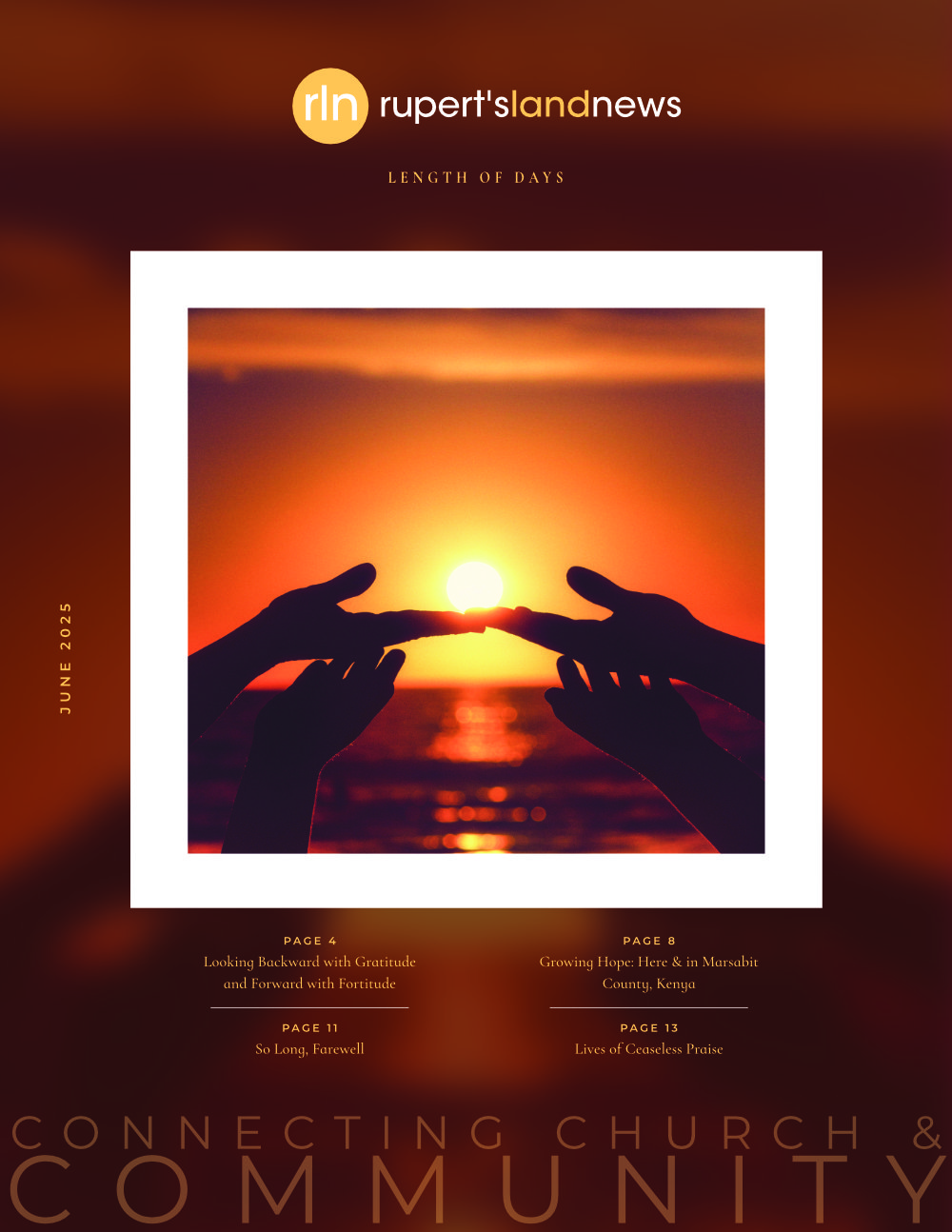
On the Saints
In my library, I have two books on the lives and legends of saints in the church: David Hugh Farmer’s somewhat staid Oxford Dictionary of the Saints, and Richard Coles’ considerably more playful volume, Lives of Improbable Saints. Where Farmer’s book aims to distinguish what is historically verifiable from what




















